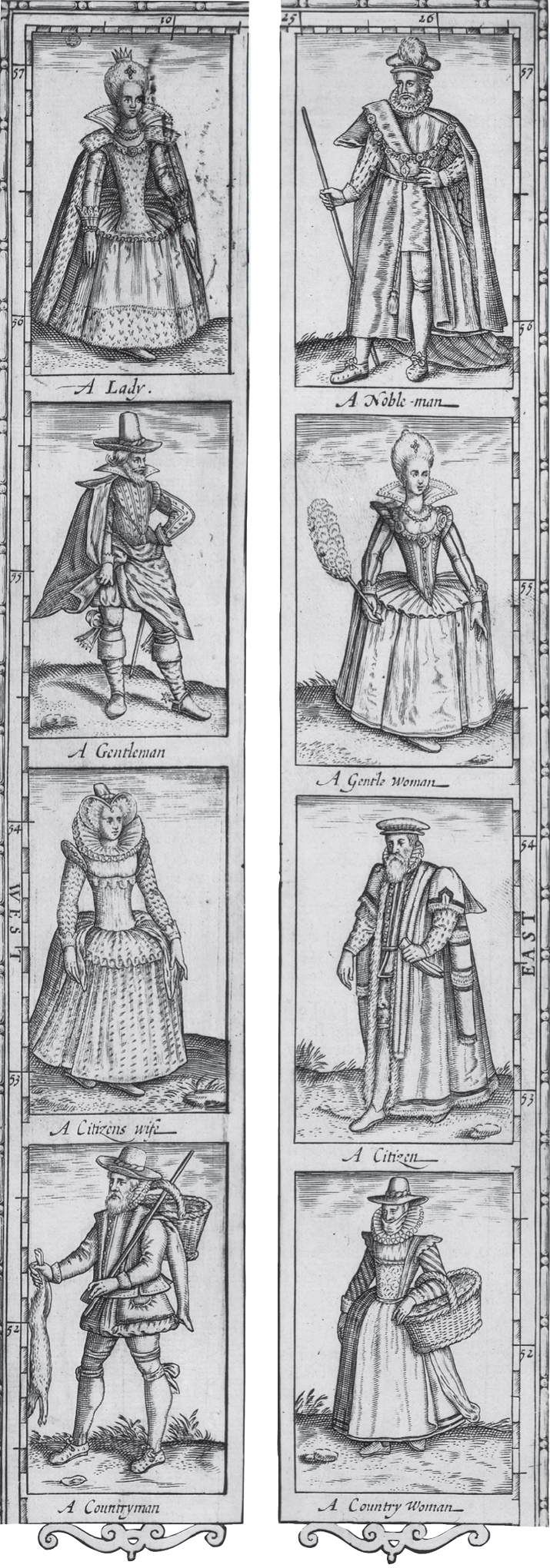From Private Company to Royal Government.
Printed Page 55 Chapter Chronology
From Private Company to Royal Government. In the immediate aftermath of the 1622 uprising, the survivors became demoralized because, as one explained, the "massacre killed all our Countrie ...[and] burst the heart of all the rest." The disaster prompted a royal investigation of affairs in Virginia. The investigators discovered that the appalling mortality among the colonists was caused more by disease and mismanagement than by Indian raids. In 1624, King James revoked the charter of the Virginia Company and made Virginia a royal colony, subject to the direction of the royal government rather than to the company's private investors, an arrangement that lasted until 1776.
royal colony
A colony ruled by a king or queen and governed by officials appointed to serve the monarchy and represent its interests.

The king now appointed the governor of Virginia and his council, but most other features of local government established under the Virginia Company remained intact. In 1619, for example, the company had inaugurated the House of Burgesses, an assembly of representatives (called burgesses) elected by the colony's male inhabitants. Under the new royal government, laws passed by the burgesses had to be approved by the king's bureaucrats in England rather than by the company. Otherwise, the House of Burgesses continued as before, acquiring distinction as the oldest representative legislative assembly in the English colonies. Under the new royal government, all free adult men in Virginia could vote for the House of Burgesses, giving it a far broader and more representative constituency than the English House of Commons.
House of Burgesses
Organ of government in colonial Virginia made up of an assembly of representatives elected by the colony's male inhabitants. It was established by the Virginia Company and continued by the crown after Virginia was made a royal colony.
The demise of the Virginia Company marked the end of the first phase of colonization of the Chesapeake region. From the first 105 adventurers in 1607, the population had grown to about 1,200 by 1624. Despite mortality rates higher than during the worst epidemics in London, new settlers still came. Their arrival and King James's willingness to take over the struggling colony reflected a fundamental change in Virginia. After years of fruitless experimentation, it was becoming clear that English settlers could make a fortune in Virginia by growing tobacco.